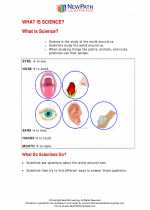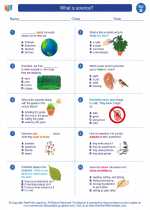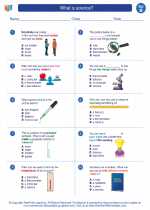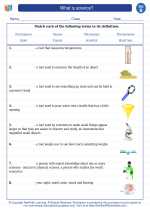Heart
The heart is a muscular organ located in the chest, slightly to the left of the midline. It is responsible for pumping blood throughout the body, delivering oxygen and nutrients to the cells and removing waste products.
Anatomy of the Heart
The heart is divided into four chambers: the two upper chambers are called the atria, and the two lower chambers are called the ventricles. The right side of the heart receives oxygen-poor blood from the body and pumps it to the lungs to pick up oxygen, while the left side receives oxygen-rich blood from the lungs and pumps it to the rest of the body.
Function of the Heart
The main function of the heart is to pump blood throughout the body. This is accomplished through a coordinated series of contractions and relaxations of the heart muscle, which create the rhythmic beating of the heart.
Circulation of Blood
Once the blood is pumped out of the heart, it travels through a network of blood vessels called arteries and veins, delivering oxygen and nutrients to the cells and collecting waste products for removal by the liver and kidneys.
Heart Health
It is important to take care of your heart through a healthy diet, regular exercise, and avoiding harmful substances like tobacco and excessive alcohol. Regular check-ups with a healthcare provider can help monitor and maintain heart health.
Study Guide
- What is the main function of the heart?
- Describe the anatomy of the heart, including its chambers.
- Explain the circulation of blood through the heart and the rest of the body.
- How can you take care of your heart and maintain heart health?
◂Science Worksheets and Study Guides Second Grade. What is science?

 Worksheet/Answer key
Worksheet/Answer key
 Worksheet/Answer key
Worksheet/Answer key
 Worksheet/Answer key
Worksheet/Answer key
 Vocabulary/Answer key
Vocabulary/Answer key
